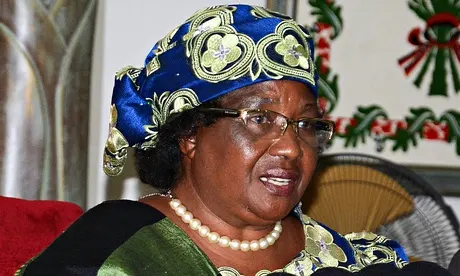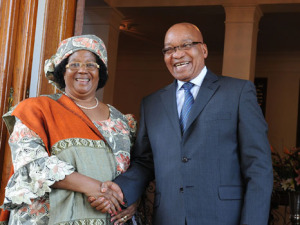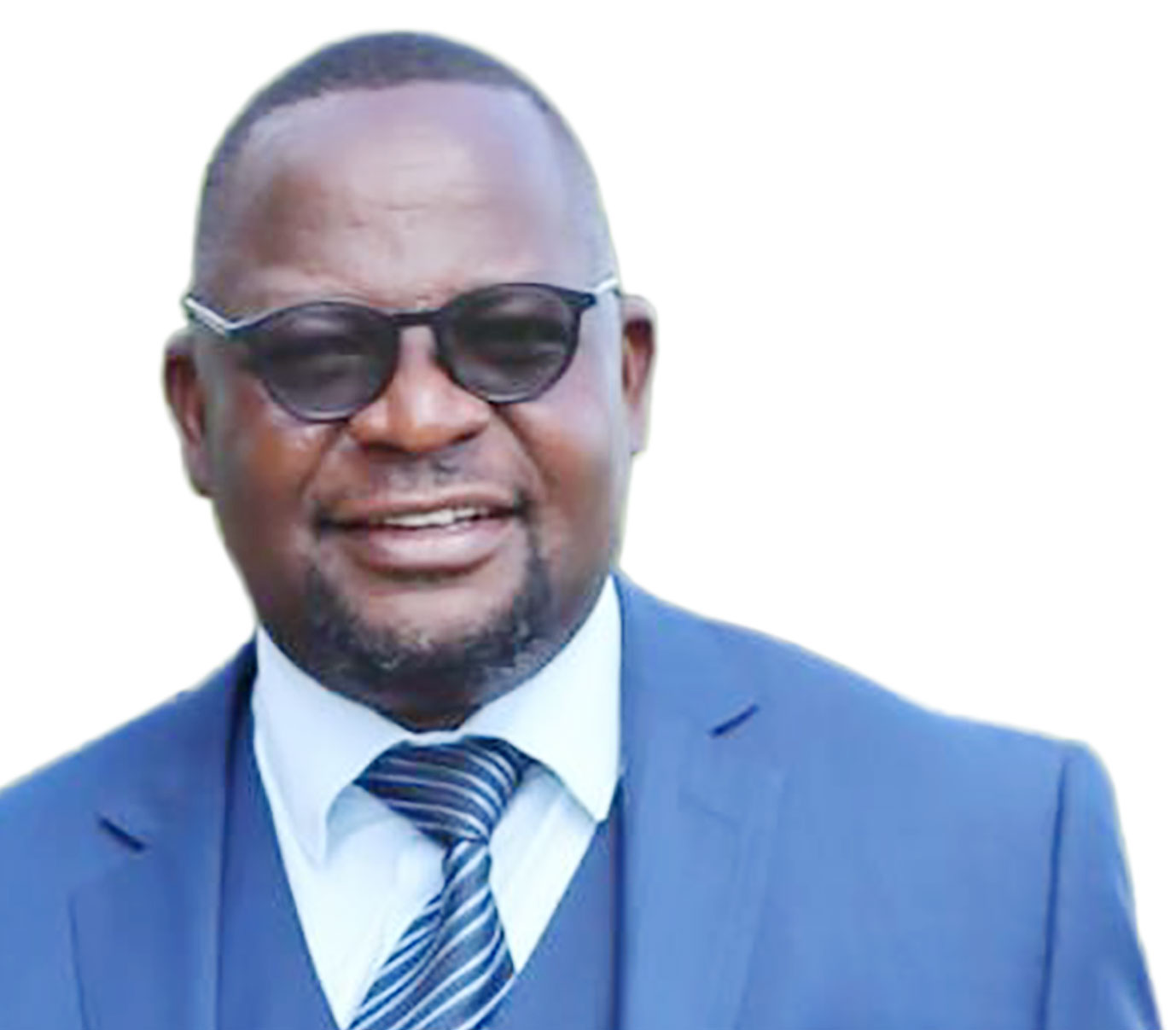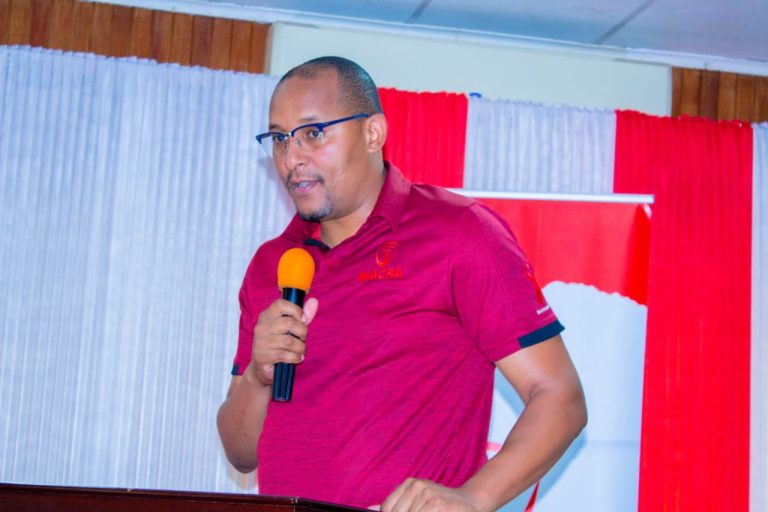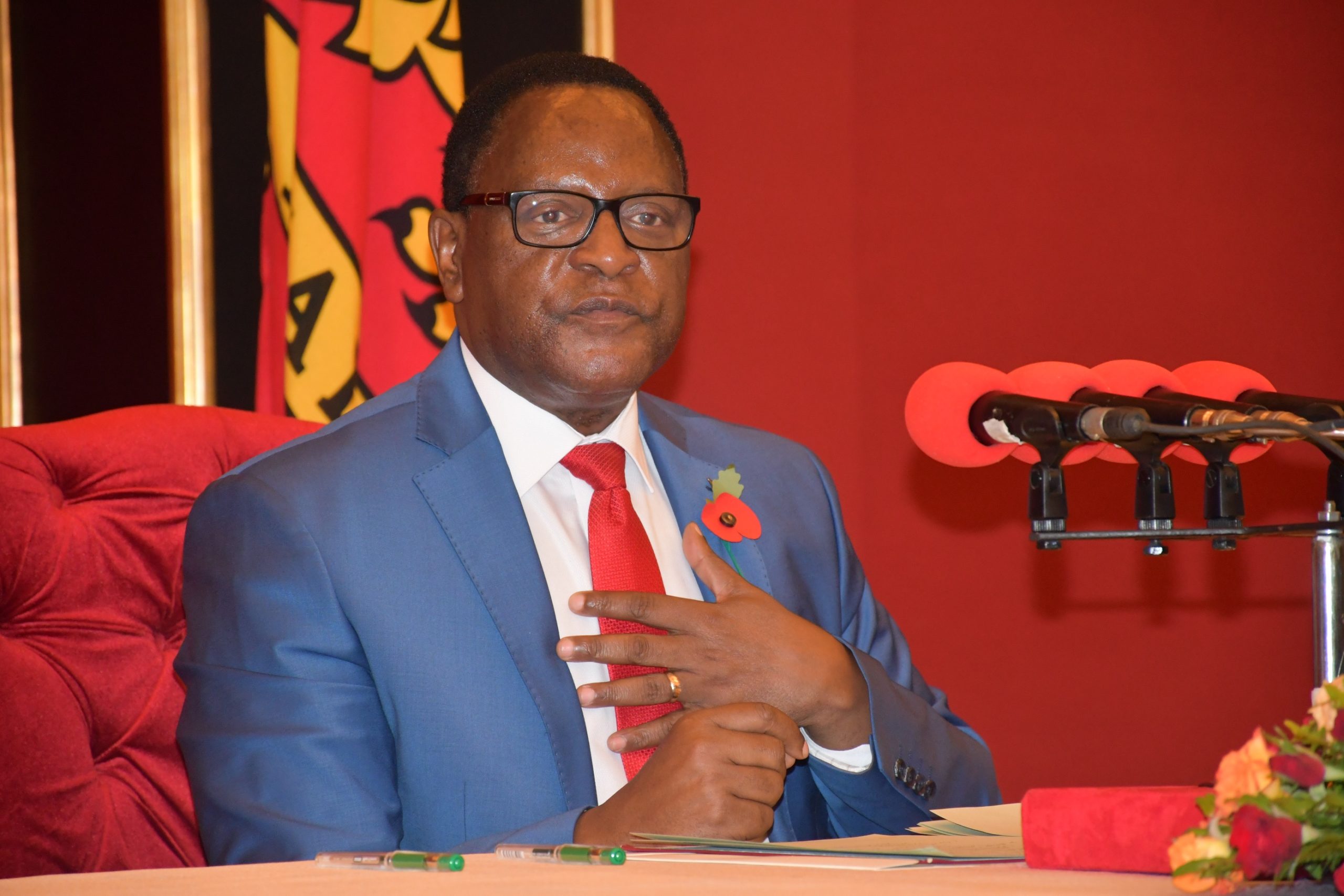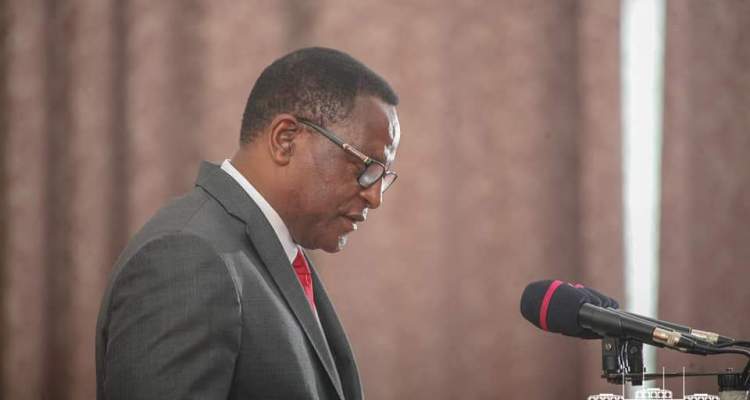BY PIJ INVESTIGATIONS
Officials in the Joyce Banda administration took bribes from oil giant Glencore to appear to be purchasing oil from Nigeria which was taken up by the company, a court settlement in the United Kingdom has revealed.
A total of USD 335,920 (around 369 million kwacha) in bribes were paid to officials in Banda by Glencore including one who is not named but codenamed as NO1 raising questions on whether Banda was among those bribed.
The government-to-government deal with Nigeria was sealed after the then president Banda met with President Goodluck Jonathan in Abuja in May 2012, and agreed on crude oil shipping to help deal with Malawi’s perennial fuel shortage.
The former president was yet to respond to PIJ’s request for comment.
At the centre of the flawed deal was the Nigerian of the Anyiam-Osigwe group, an accused business clan. The Banda administration is accused of appointing one of the Anyiam-Osigwe group member as Malawi’s Consular General despite being previously accused of fraud in Zambia.
An investigation by The Nation later revealed proceeds of the deal appear to have vanished, as no official admits knowing how much Malawi earned from the deal or their whereabouts.
Now according to court papers at Crown Court sitting at SouthWark, London–first reported on by Bloomberg which has shared the documents with PIJ—Glencore officials admitted they paid officials in Malawi to initiate the deal.
Apart from the Malawi government, Glencore also paid bribes, through its identified as employee GE1 (an oil trader on Glencore’s WAF desk), to officials in Cameroon’s national oil and gas company and national refinery to ensure Glencore received favourable treatment in relation to the allocation and sale of crude oil and the purchase of oil products.
Several of the Glencore officials who were found guilty of paying the bribes are also only named using codes in the settlement.
According to the court papers, Petroleos de Geneve S.A. Limited (“PDG”) was contracted by the government of Malawi to administer a government-to-government crude oil term contract between Nigeria and Malawi in 2012.
PDG was operated by Raymond and Michael Anyiam-Osigwe, two brothers of Malawi’s Consul General to Nigeria. Glencore then entered into a two-year contract with PDG by which PDG granted Glencore all the barrels of crude oil allocated by NNPC to PDG at the Nigerian official selling price with no premium or discount applied.
“Glencore undertook to sell the oil and pass 60% of the profits to PDG within 45 days of lifting. In turn, it was understood that a portion of the funds would be passed to the Government of Malawi. Principal cargo payments to NNPC for crude oil cargoes were not required until 90 days after the oil had been lifted, rather than the standard 30 days that was most common for NNPC contracts. 70,” reads the document.
It adds: “In late 2013 GE7, Stimler and GE5 sanctioned the indirect payment of bribes to NO1 and others in NNPC to ensure that PDG received frequent crude oil allocations so that Glencore could (a) take advantage of the “free credit” benefit inherent in the joint venture agreement and (b) ensure the grades of oil allocated by NNPC to PDG were grades that were in demand at the time and would be more profitable for Glencore. 71. Two payments were made to NG Ltd for the purpose of paying bribes to NNPC (Payments A and B below) totalling USD 335,920.”
On 9 December 2013 Stimler emailed other Glencore oil traders with preferred grades and dates for February 2014:
“PDG – 1 st choice any Feb Agbami, 2nd choice any Feb Akpo…Can we send today, please copy [NG1] on both”.
The same day Stimler sent a WhatsApp message to NG1 “PDG nom sent. Please push them to pass on. Ta”. 73.
On 20 December 2013 Stimler emailed NG1 “any whispers bro from the KRAYS” which was likely a reference to Raymond and Michael Anyiam-Osigwe, the brothers who operated PDG.
The same day NG1 emailed GE11, GE4 (Glencore operations administrator), Stimler and GE5 a number of signed invoices (349-352). Invoice 351 refers to a service fee payable to NG Ltd of “USD 0.17c/bbl for their service and assistance in relation to the purchase and loading of 950,000 barrels of 2nd decade February Qua Igbo crude oil from PDG, Malawi.”
The total to be paid was USD 167,960 to NG Ltd’s account with Standard Chartered in Lagos.
Stimler replied the same day that he had signed them for them to be presented to GE6, adding “…will be paid Monday with swift to follow… I will need to do an extra addendum under Malawi raising the premium to [NG Ltd] from 5c to 17c for 2014 NNPC crude cargoes, so please prepare when back. One of these invoices relating to February Qua has the new premium.”
The purpose of the increase from 5 to 17 cents per barrel, ahead of the cargo being lifted in February 2014, was to facilitate bribe payments incorporated in the NG Ltd service fee paid by Glencore.
The bribe was paid to NNPC officials to ensure PDG was allocated a desired grade of crude oil at a preferable date. Glencore benefitted through the joint venture with PDG because it could trade the cargoes for profit.
The same day he sent Stimler, GE4, GE6 and GE11 photos of letters from NNPC to Malawi with the nomination and Malawi’s acceptance of the February 2014 allocation of Qua Iboe crude cargo.
GE6 forwarded the letters to Stimler and GE4, noting “we shouldn’t pay [NG1] until we load, OK?”. Stimler replied “yes please, let’s hold this back for now”. 77.
On 31 December 2013 NG1 and Stimler exchanged messages on WhatsApp.
Stimler wrote: “Really confident payment will be on Thursday. Cut off was 10 am this am and just about got it signed off”. NG1 replied “… Do please let me know once done as under pressure frm (sic) abj (Abuja). Our brothers have calmed down somewhat also. Send them the article from the newspapers. They’d be wise to be calm and nurture our relationship”. “Pressure from abuja” meant pressure to pay bribes to NNPC officials.
On 4 March 2014 Stimler emailed NG1 “Michael [PDG] called last night to say that he may get a late injection Bonny for April which I said we will accept as long as we know by this Wednesday, Thursday latest…”.
NG1 replied that he was due to speak to NNPC regarding the likelihood of a cargo for Malawi.
On 7 March 2014 Glencore provided PDG with preferred grades and dates for May. On 19 March 2014 NG1 emailed GE7 “…Pdg malawi also got: qua iboe 1st decade…”
Later that day he emailed Michael and Raymond Anyiam-Osigwe “Please call as I’m trying to reach you both with regard to the May cargoe nominated to pdg… [Glencore] have to have confirmation TONIGHT as a matter of urgency due to a closing of a tender. We need to have someone in nnpc now, or perhaps you reach out to [individual in NNPC] to email you a copy right away. If you authorise me, I can sort this out right away as it is that urgent. Please please call.”.
NG1 forwarded the email to GE5 and Stimler.
On 20 March 2014 NG1 emailed GE5 and Stimler “… Michael and I spoke and he confirms we have the qua from them, and we should get paper work tomorrow…”.
The following day, Stimler emailed Raymond and Michael Anyiam-Osigwe “… Will you as a matter of urgency please scan to us Malawi’s May allocation, so we can start marketing this stem with no further delay. All nominations were allocated on Wednesday night, and we are losing valuable time, especially if this is a first decade cargo…”.
On 21 March 2014 GE5 emailed GE11 with a request to raise an addendum for the PDG contract “01-03 May Qua Iboe 950,000 bbls OSP +0.17/bbl”. GE11 then emailed NG1 with a request for his invoice in respect of this cargo in the sum USD 167,960. 84.
On 24 March 2014 NG1 emailed GE11 and GE4 a number of invoices. Invoice 360 relates to the service fee for NG Ltd’s assistance in relation to the purchase and loading of 950,000 bbls of May Qua Iboe with a total to be paid of USD 167,960.
Three days later, the payment was authorised by GE6 and payment was made to NG Ltd’s bank account.
The Anyiam-Osigwe group has been embroiled in similar allegations of fraud purportedly by Zambian authorities, in which the group was accused of pocketing $5 million in commission without delivering crude oil from Nigeria – an allegation that draws a semblance with Nigeria’s notorious fuel subsidy fraud. A former Zambian president, Rupiah Banda, is facing charges related to the deal.
The Nigerian group has previously forcefully denied the charges. In an emailed statement to PREMIUM TIMES on Sunday, the group restated its claim of innocence and tendered a letter from the Zambian justice ministry exonerating it of blame.

